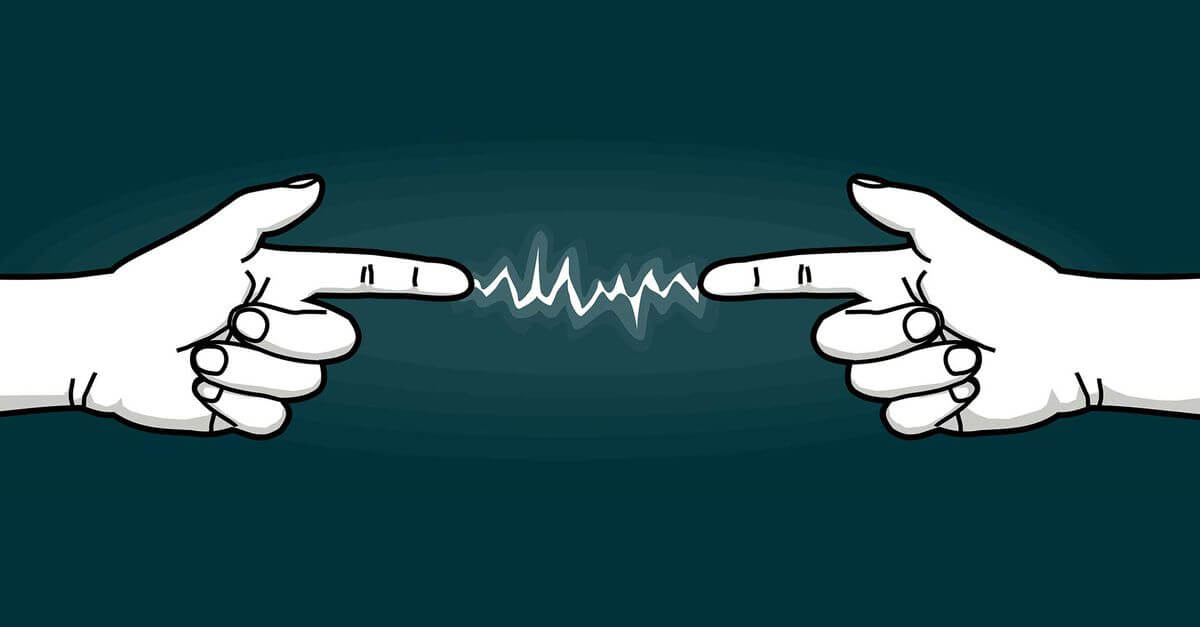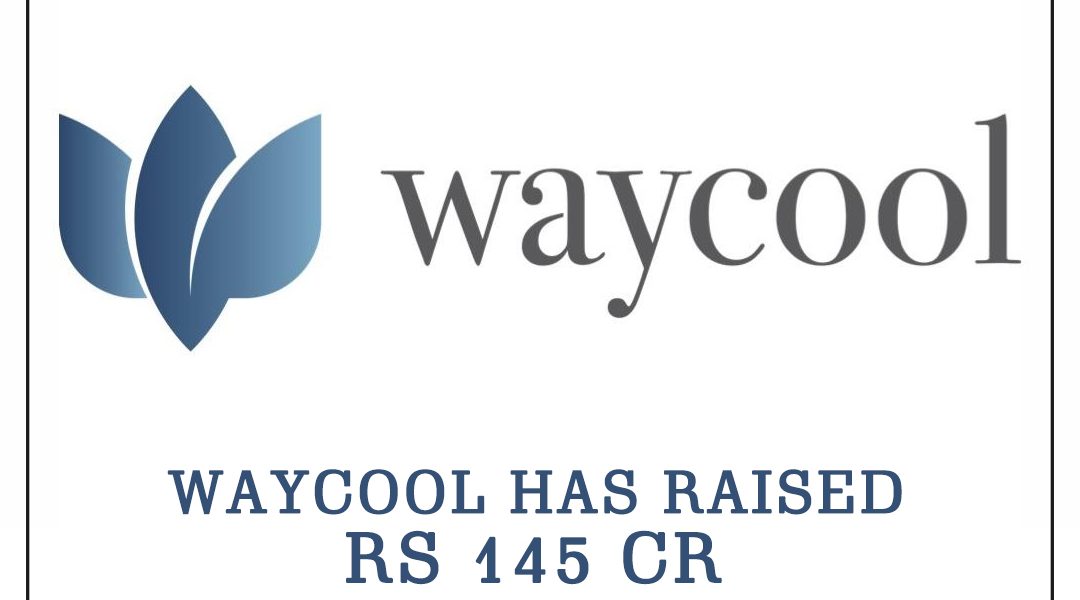A startup or start-up is a company or project undertaken by an entrepreneur to seek, develop, and validate a scalable economic model. While entrepreneurship refers to all new businesses, including self-employment and businesses that never intend to become registered, startups refer to new businesses that intend to grow large beyond the solo founder.Startups face high uncertainty and have high rates of failure, but a minority of them do go on to be successful and influential.
Startups typically begin by a founder (solo-founder) or co-founders who have a way to solve a problem.
The founder of a startup will begin market validation by problem interview, solution interview, and building a minimum viable product (MVP), i.e. a prototype, to develop and validate their business models. The startup process can take a long period of time (by some estimates, three years or longer), and hence sustaining effort is required. Over the long term, sustaining effort is especially challenging because of the high failure rates and uncertain outcomes.
Before taking a deep dive into startup entrepreneurship, it makes sense to discuss how the whole startup world originated. If we think of a startup as a highly scalable tech company aiming for rapid growth. For example, Edison General Electric company (now GE), could be thought of as one of the first startups. The growth and difficult path to victory for that company is similar to a typical startup journey. Many companies like Nokia could also be thought of as a startup in their early days. However, none of these companies could be considered a startup in their current state as they are now large corporations.
The rise of Silicon Valley
Startups are often linked with the rise of Silicon Valley.
This tech company concentration around Stanford University has had a huge impact on the technological development of the world since the 1970s. The term Silicon Valley was first coined in 1971 in a magazine called Electronic News, when it mainly referred to the companies in the area that were manufacturing semiconductors (for which the main ingredient was silicon). In the 1980s, the term Silicon Valley was used to refer to the whole area of Palo Alto, Cupertino, Sunnyvale and Mountain View, among others.
The startup boom in the area didn’t really start until the end of the 1990s when the dot.com boom took over.
The belief in technology and the possibility that the internet could change the world grew to unparalleled heights.
Companies like Amazon and Netscape were paving the way and created the sense that success was waiting for everyone who knew how to register a domain. Things got out of hand and the dot.com bubble burst, causing one of the biggest crashes in the global economy in recent decades. Even though the dot.com bubble showed that every idea doesn’t have value just because it’s on the internet, the belief in technology and the internet didn’t die out.
Technology companies in the 2000s
After the dot.com bubble, the startup community learned from it, moved on, and even accelerated their speed.
If we look at the American major technology companies like Facebook, Uber, Airbnb, Twitter, LinkedIn,
Tesla or Dropbox, none of them existed 20 years ago – even Google was founded only 21 years ago.
The internet and other modern technologies have created huge business opportunities and the possibility to grow companies rapidly.
All of the above-mentioned companies have grown into billion-dollar valuations in just a few years.
These companies have had a fundamental impact on our world. The world’s largest media company, Facebook, has no content creators on their payroll. The world’s largest hotel chain, Airbnb, owns no hotels. The world’s largest taxi company, Uber, don’t own a single taxi. And so forth. Technology companies have shaken many industries and captured markets from traditional companies.





